Physical Address
304 North Cardinal St.
Dorchester Center, MA 02124
Physical Address
304 North Cardinal St.
Dorchester Center, MA 02124
Spotify has clearly been a heavyweight competitor in the field of digital music streaming, offering a vast song catalog and a user-friendly design. However, the world of music streaming is continuously evolving, providing many solutions that appeal to various preferences and demands.
There are many Spotify competitors worth considering if you want a unique music discovery experience, high-quality audio, or a platform that promotes independent artists. In this article, we will explore 17 Spotify alternatives, their features, pricing, pros, and cons.
Apple Music stands as a formidable contender in the music streaming industry. With an extensive catalog, exclusive releases, and seamless integration with Apple devices, it offers a compelling alternative to Spotify.
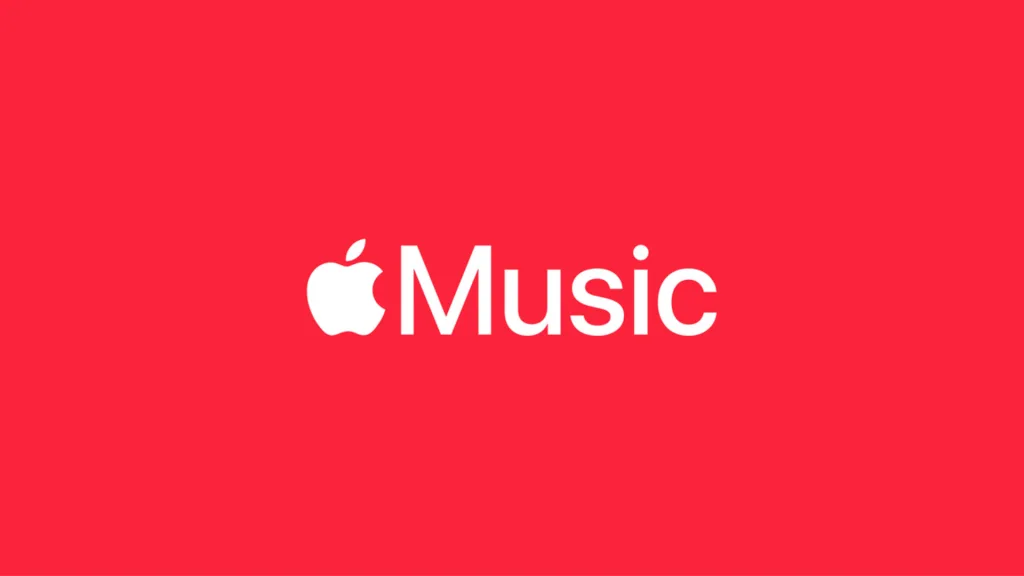
Pricing: Apple Music offers a single-user plan for $9.99 per month and a family plan for $14.99 per month, which allows up to six people to share the subscription.
Pros:
Cons:
Read Also: 10 Best Games Like PUBG Mobile on Android and iOS
Tidal is a high-fidelity streaming service known for its emphasis on superior sound quality and exclusive content, making it a prime choice for audiophiles.
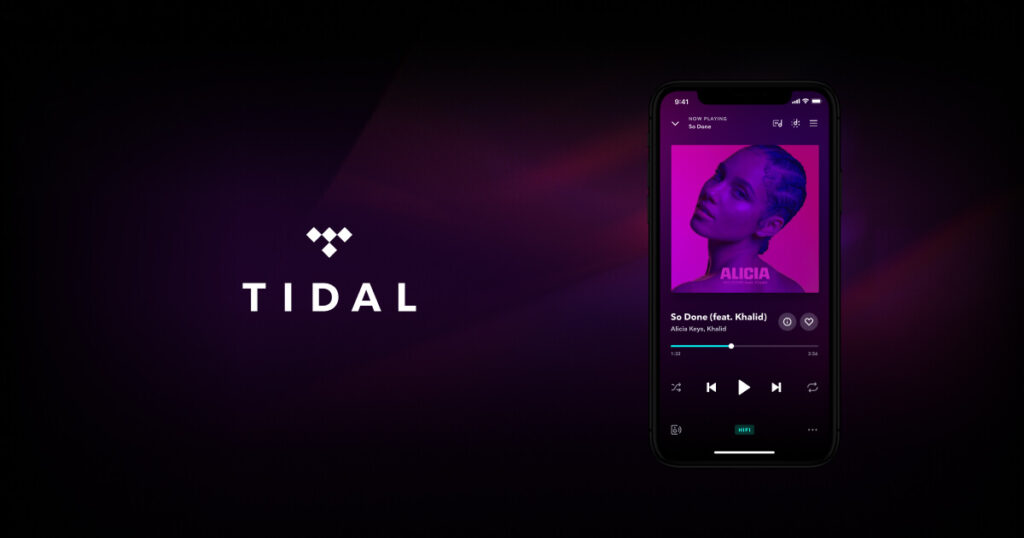
Pricing: Tidal offers a standard plan for $9.99 per month and a HiFi plan (with lossless audio) for $19.99 per month.
Pros:
Cons:
Deezer offers a vast music library, personalized playlists, and podcasts, making it a well-rounded alternative to Spotify.
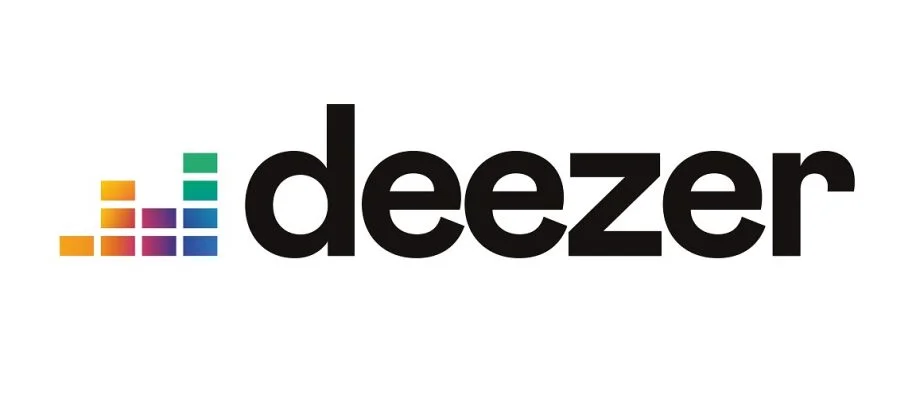
Pricing: Deezer provides a free tier with ads, a premium plan for $9.99 per month, and a family plan for $14.99 per month.
Pros:
Cons:
Amazon Music Unlimited offers an extensive music catalog and integrates seamlessly with Amazon Echo devices, providing voice-controlled playback.
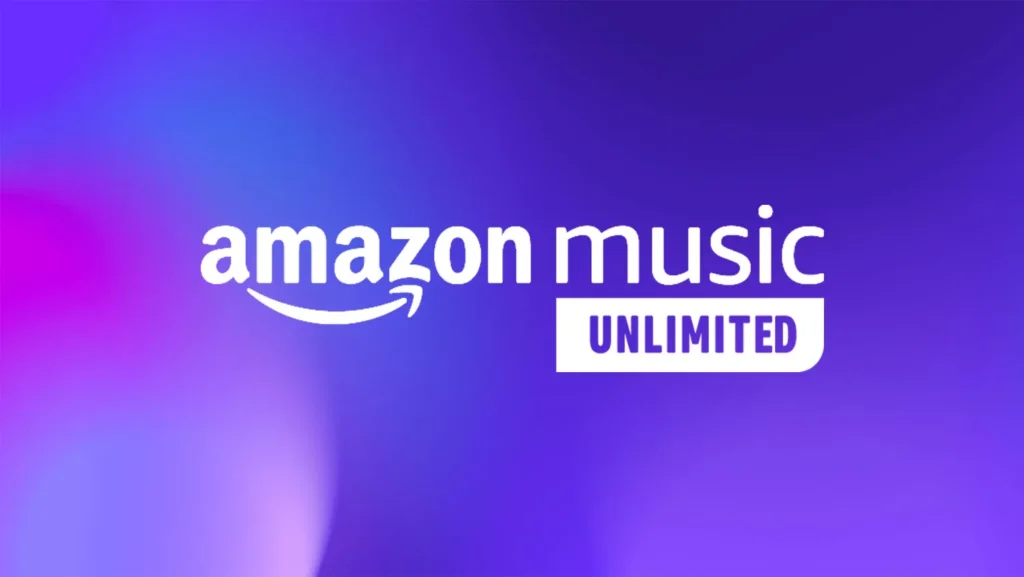
Pricing: Amazon Music Unlimited starts at $7.99 monthly for Prime members and $9.99 monthly for non-Prime members. A family plan is available for $14.99 per month.
Pros:
Cons:
With a vast collection of music videos and tracks, YouTube Music combines user-generated content with official releases, creating a visually engaging streaming experience.

Pricing: YouTube Music offers an ad-supported free tier, a premium plan for $9.99 per month, and a family plan for $14.99 per month.
Pros:
Cons:
SoundCloud shines as a platform that supports independent and emerging artists, making it an ideal choice for those seeking fresh and original music.
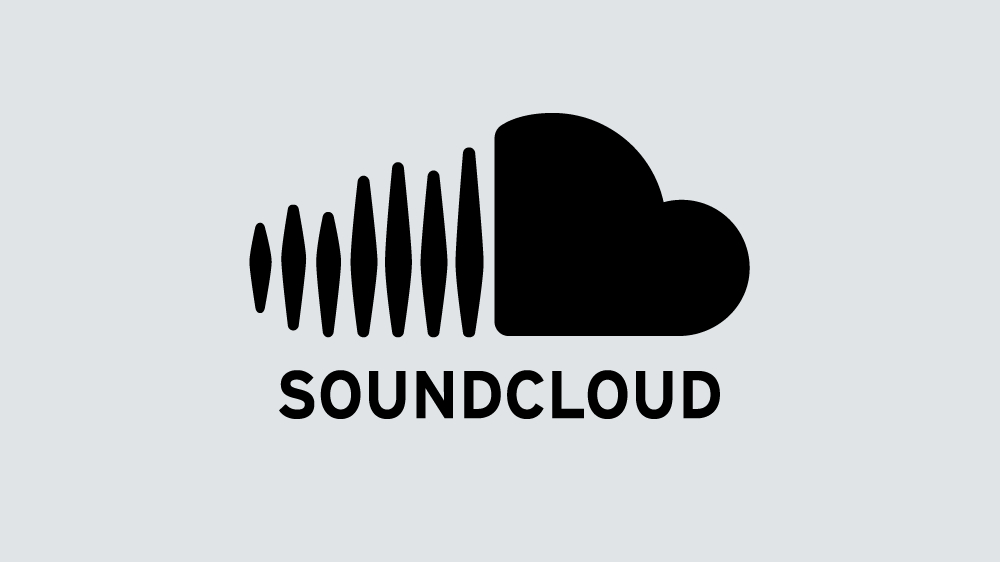
Pricing: SoundCloud offers a free tier with limitations, a SoundCloud Go plan for $4.99 per month, and a SoundCloud Go+ plan for $9.99 per month.
Pros:
Cons:
Pandora differentiates itself with its personalized radio stations that are curated based on user preferences, creating a hands-free music discovery experience.
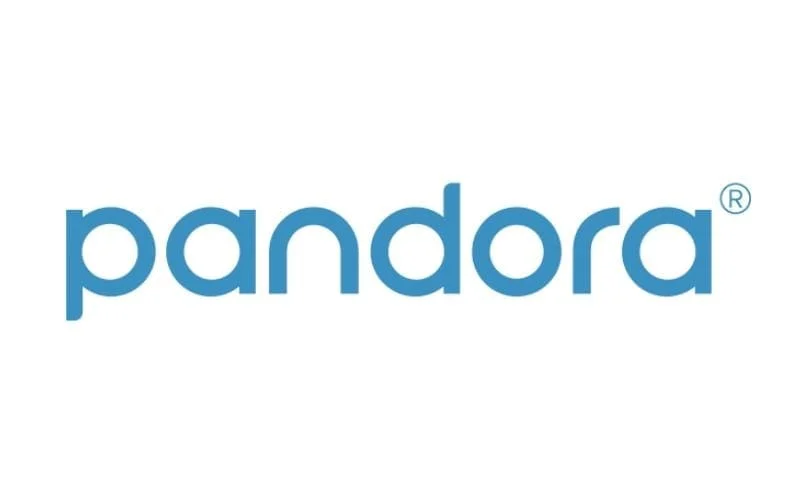
Pricing: Pandora offers a free ad-supported tier, Pandora Plus for $4.99 per month, and Pandora Premium for $9.99 per month.
Pros:
Cons:
Formerly known as Google Play Music, this service has transitioned its users to YouTube Music. It offered a vast library and the ability to upload your own music, which could be streamed alongside the platform’s catalog.
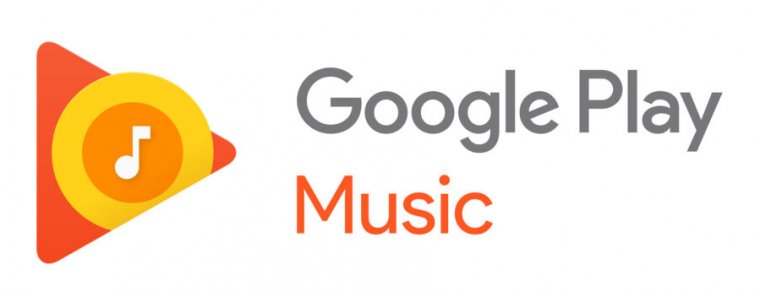
Pricing: As of the transition, Google Play Music users are encouraged to migrate to YouTube Music, which offers similar pricing plans.
Pros:
Cons:
Qobuz is a platform that caters to audiophiles, offering high-resolution audio and an extensive catalog of lossless tracks, making it a haven for those seeking top-notch sound quality.
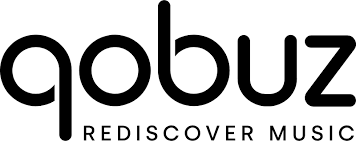
Pricing: Qobuz offers a Studio Premier plan for $14.99 per month and a Sublime+ plan for $249.99 per year, providing discounts on Hi-Res purchases.
Pros:
Cons:
Tidal Connect is Tidal’s answer to multi-room audio, allowing users to stream music directly to compatible speakers and devices, enhancing the listening experience across the home.
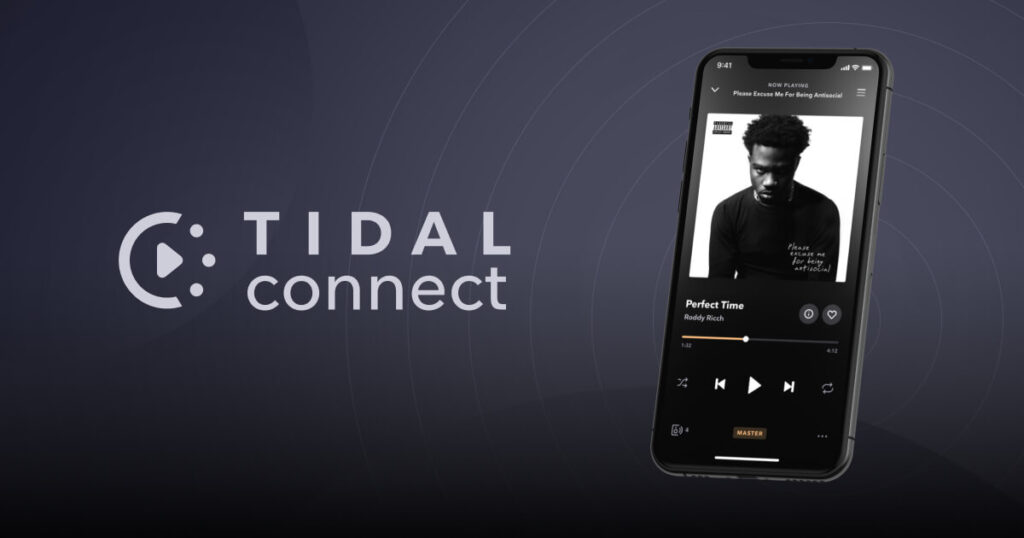
Pricing: Tidal Connect is available to subscribers of Tidal’s premium plans.
Pros:
Cons:
iHeartRadio offers a unique blend of live radio stations, custom stations, and podcasts, making it a hub for those who enjoy live broadcasts and curated playlists.
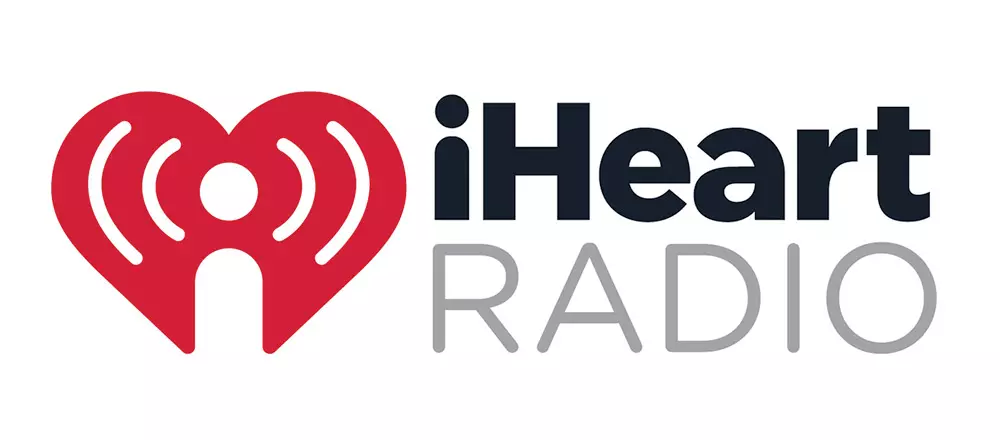
Pricing: iHeartRadio offers a free ad-supported tier and an iHeartRadio Plus plan for $4.99 per month.
Pros:
Cons:
Napster, previously known as Rhapsody, offers a vast music library and emphasizes human-curated playlists and radio stations for a personalized music experience.
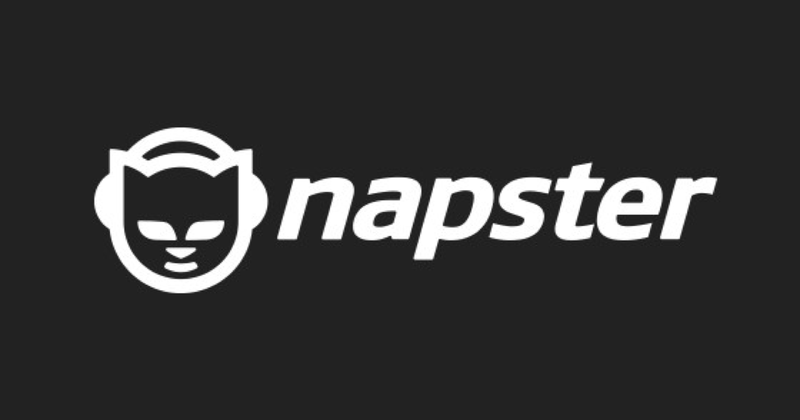
Pricing: Napster offers a Napster Premier plan for $9.99 per month and a Napster Family plan for $14.99 per month.
Pros:
Cons:
Anghami caters to Middle Eastern music enthusiasts, offering a wide selection of Arabic and international tracks, making it a cultural gateway for listeners in the region.
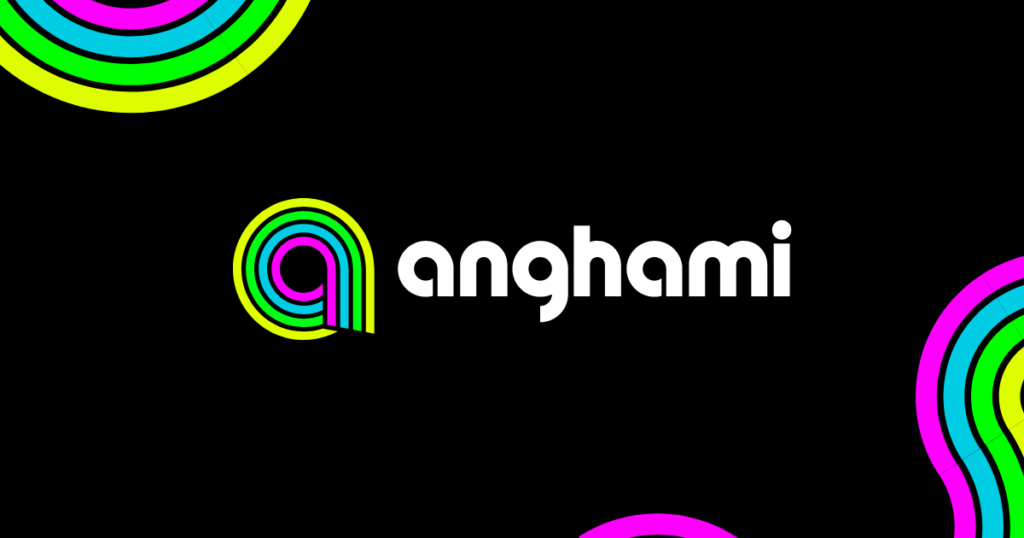
Pricing: Anghami offers a free ad-supported tier, an Anghami Plus plan for $4.99 per month, and an Anghami Student plan for $1.99 per month.
Pros:
Cons:
Wynk Music is an Indian music streaming service that caters to the diverse musical tastes of the Indian audience, offering a wide range of regional and international tracks.
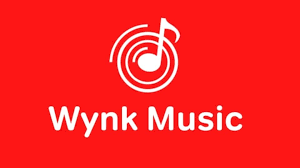
Pricing: Wynk Music offers a free tier, a Wynk Plus plan for ₹49 per month, and a Wynk Premium plan for ₹99 per month.
Pros:
Cons:
Gaana is another prominent Indian music streaming platform that offers a plethora of Bollywood, regional, and international music, along with curated playlists and podcasts.
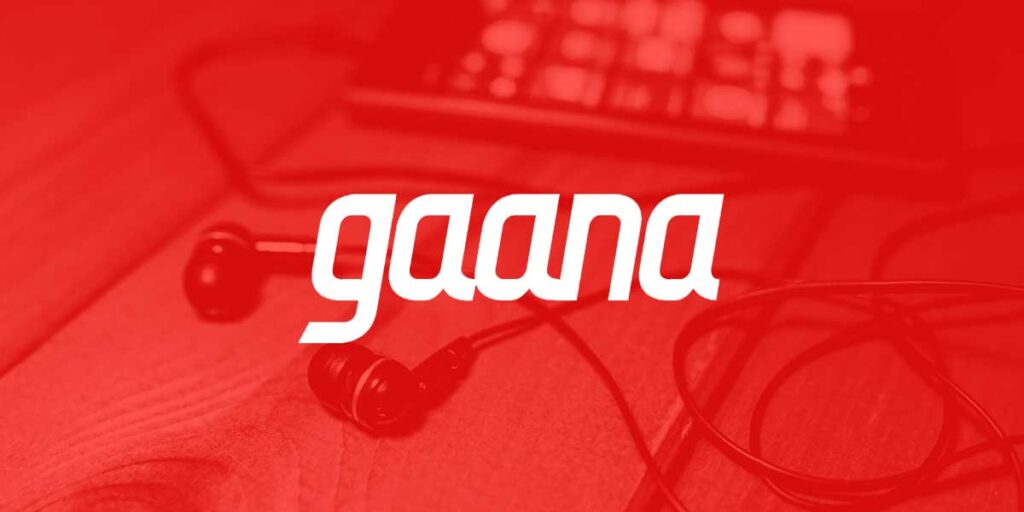
Pricing: Gaana offers a free ad-supported tier, a Gaana Plus plan for ₹99 per month, and a Gaana Student plan for ₹149 per year.
Pros:
Cons:
Mixcloud differentiates itself by focusing on DJ sets, radio shows, and podcasts, making it a go-to platform for music enthusiasts interested in long-form mixes and unique content.
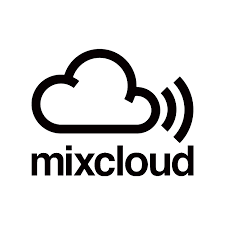
Pricing: Mixcloud offers a free tier, Mixcloud Premium for $7.99 per month, and Mixcloud Pro for $15 per month.
Pros:
Cons:
Deezer HiFi is the high-fidelity tier of Deezer, offering lossless audio quality, making it an excellent choice for audiophiles who prioritize sound precision.
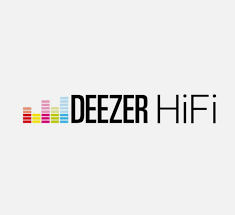
Pricing: Deezer HiFi is priced at $14.99 per month.
Pros:
Cons:
As the music streaming landscape continues to evolve, these additional alternatives to Spotify offer unique features and cater to specific niches of music enthusiasts. From platforms that emphasize high-fidelity audio to those that cater to regional tastes, there’s no shortage of options for users seeking a tailored music experience. Whether you’re an audiophile, a fan of live radio, or someone interested in discovering emerging artists, these alternatives provide a diverse range of choices to suit your preferences.